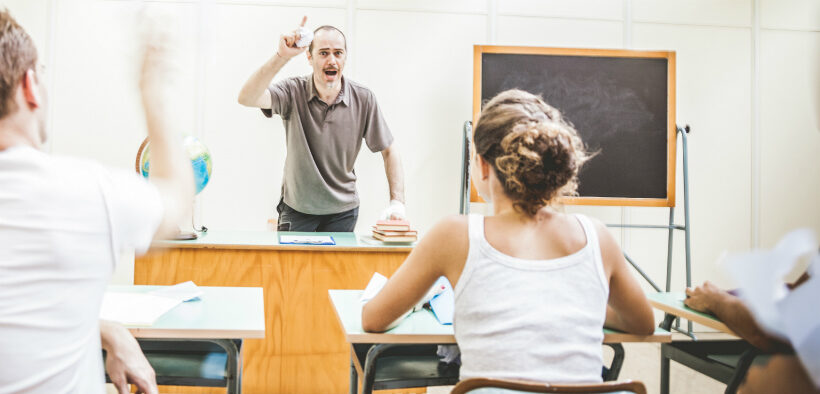As educators, we’re charged with fostering a classroom environment that is conducive to learning; however, students’ maladaptive behaviors, known as classroom incivility, can impact learning. Student behaviors that impede learning range from not paying attention to threatening violence. Faculty can also contribute to toxic learning atmospheres through such behaviors as ignoring difficult classroom situations, showing favoritism, and making poor pedagogical choices. Thus, relational problems between educators and students often contribute to classroom incivilities. Group stage theory addresses relational issues by explaining how behaviors develop and change over time. Corey et al. (2018) proposed that groups go through forming, initial, transition, working, and final stages. Using these stages as a framework, we outline measures to prevent and mitigate maladaptive classroom behaviors.
Using Group Development to Mitigate Classroom Incivility

Related Articles
I have two loves: teaching and learning. Although I love them for different reasons, I’ve been passionate about...
“Why does my edition of Hamlet read ‘O, that this too, too sullied flesh would melt,’” my student...
After all, nearly every large language model (LLM) is good at summarizing readings, synthesizing large amounts of data...
In 1906, Francis Galton was visiting a livestock fair when he stumbled upon an interesting contest. Local villagers...
I often wear sunglasses on my walk from my parking spot on campus to my office. I recently...
Students taking online classes represent a key part of the college-attending population. Demand for online classes and online...
As AI use continues to grow in the field of education, we are only beginning to discover potential...








